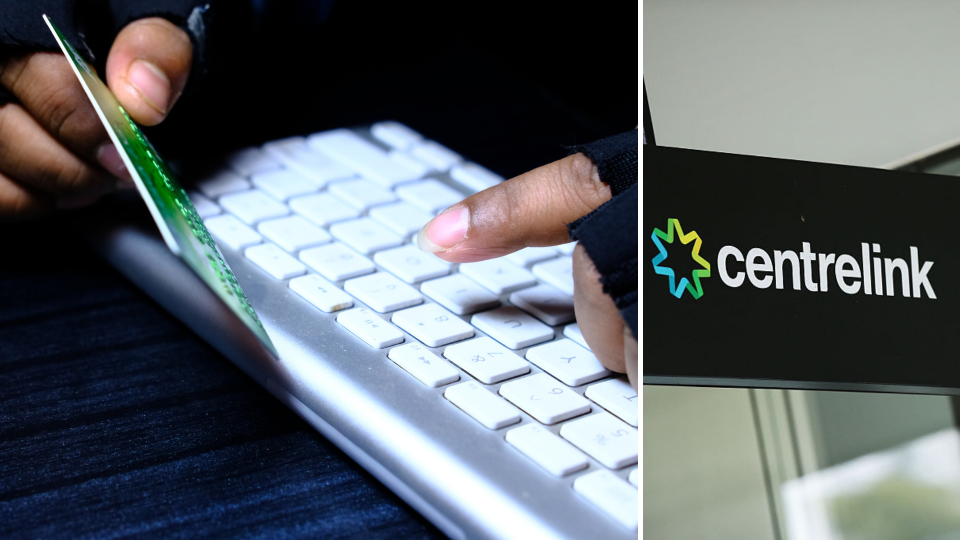This is how 26,000 Aussies tried to steal $61 million from Centrelink

A whopping 26,346 Australians tried to trick the Centrelink system into giving bigger handouts in the year to July 2018.
How?
By falsely claiming to be single.
That’s about 72 people per day trying to cheat Centrelink.
Also read: Scott Morrison plans to cut immigration amid population concerns
All up, the failure to declare their truthful relationship status amounted to Centrelink overpayments of more than $61 million, for which more than 26 thousand Aussies will have to repay to the Commonwealth.
Human services and digital transformation minister Michael Keenan warned people that the risk of being caught for attempting to fraud the system was ‘very high’.
If you’re caught, you won’t just have to pay the money back – you might wind up with a criminal record or do time behind bars.
“Stealing from the welfare system is not a victimless crime,” Keenan said.
“You are stealing directly from pockets of Australian taxpayers and robbing the wider community of much needed funds that could be spent on other essential services such as roads, schools and hospitals.”
Also read: “Confiscate their super”: If it works for sports stars, it could work for bankers
Not all of the 26 thousand-odd cases are deliberate acts of fraud – some instances are genuine oversights or mistakes – but the Department of Human Services’ specialist fraud and compliance teams found that ‘many’ were fraud attempts.
Make your money work with Yahoo Finance’s daily newsletter. Sign up here and stay on top of the latest money, news and tech news.

 Yahoo Finance
Yahoo Finance 
